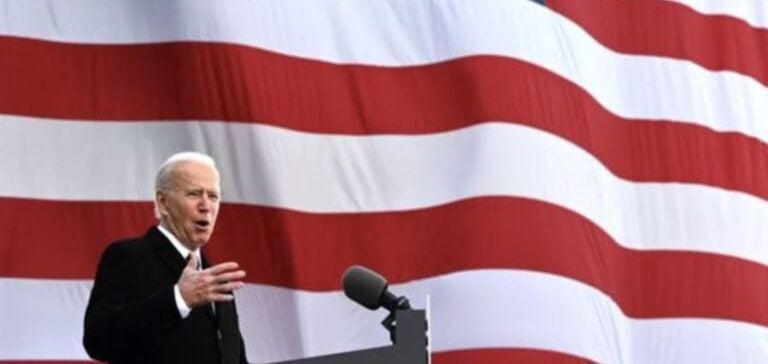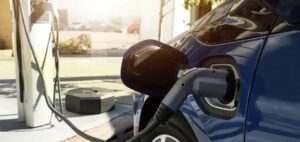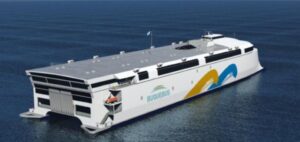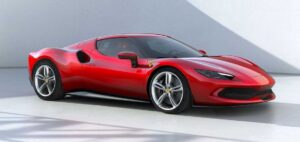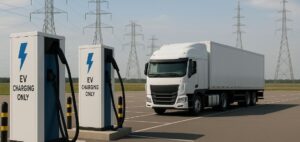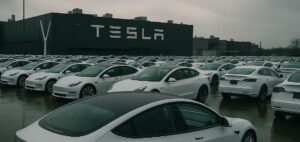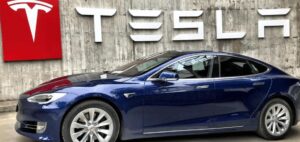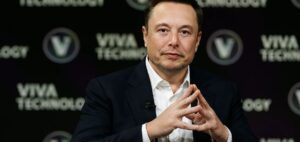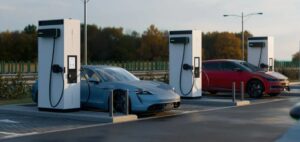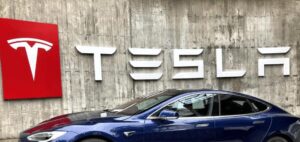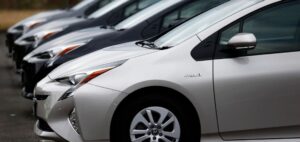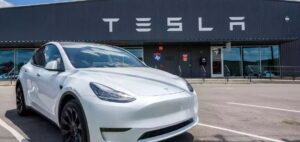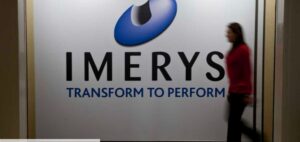On May 3, the Biden administration formalized a decisive regulation for the future of electric vehicles in the United States, introducing detailed rules for the application ofa substantial tax credit aimed at stimulating the adoption of these technologies. Under the provisions of the Inflation Reduction Act, this credit of up to $7,500 per vehicle is designed to encourage manufacturers and consumers to switch to greener options. However, to qualify, vehicles must meet strict criteria concerning the sourcing and processing of battery components and critical minerals, which must be sourced in the USA or in partner countries via free trade agreements.
Reinforced definitions and restrictions
The final rule imposes precise restrictions on the sources of critical materials. It clearly defines that these materials must not come from a “foreign entity of concern” (FEOC), a category that includes countries such as the People’s Republic of China, the Russian Federation, the Democratic People’s Republic of Korea and the Islamic Republic of Iran. To frame this definition, the regulations also consider licensing agreements and contracts that could enable control of a FEOC, as well as sub-national governments and certain current or former foreign politicians.
Traceability exceptions and expected innovations
The new regulations highlight a major exception concerning the traceability of critical materials that are deemed “untraceable” due to current industrial practices. These materials, such as graphite used in anode materials or certain critical minerals present in electrolyte salts, electrode binders or electrolyte additives, will benefit from an exemption from monitoring until January 1, 2027. During this transition period, automakers will have to submit an initial report explaining how they intend to comply with traceability requirements once the transition period is over.
Industry reaction and criticism
These regulations have provoked a variety of reactions within the industry. The National Mining Association voiced harsh criticism, accusing the government of creating loopholes that indirectly benefit countries like China, to the detriment of the security of U.S. supply chains. However, carmakers, who had already supported the introduction of the traceability exception in the preliminary proposals, welcomed the rule as essential to ease the transition to stricter standards.
Determining added value
A crucial aspect of the new regulations is the “Traced Qualified Value Added Test”, which manufacturers must use to determine the percentage of real value added for the extraction, processing and recycling of critical minerals in their supply chain. From 2024, under the Inflation Reduction Act, 50% of the value of critical minerals applicable in the battery of an electric vehicle must be mined or processed in the United States or in a country having a free trade agreement with it. This percentage increases by 10 percentage points each year until the end of 2027.
The final rule, issued just before a key deadline under the U.S. Congressional Review Act, reflects the administration’s ongoing efforts to strengthen the domestic auto industry in the face of global and environmental challenges.

